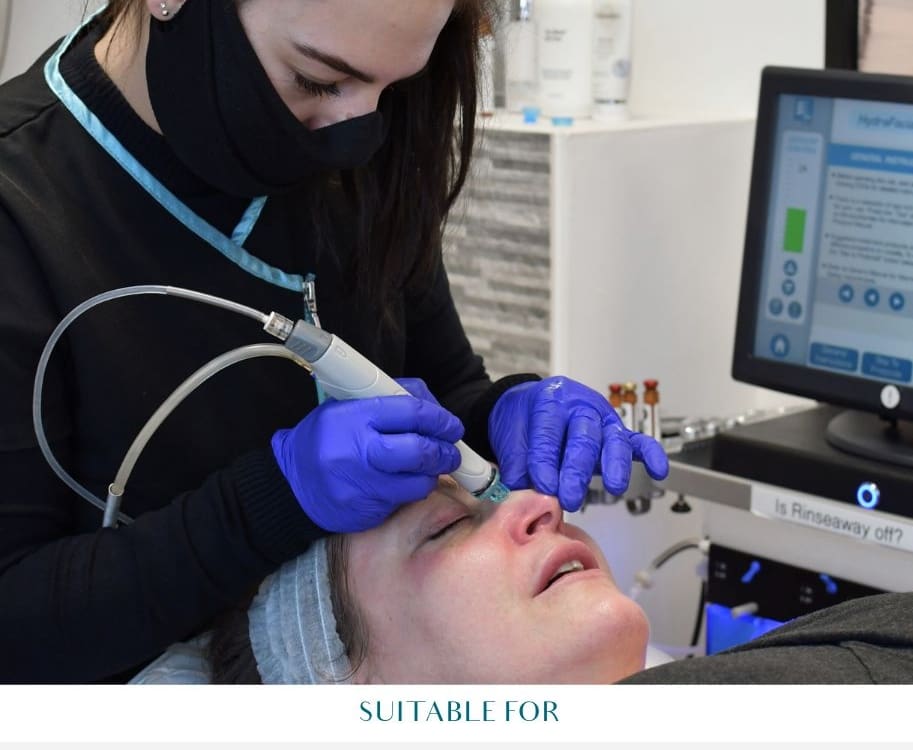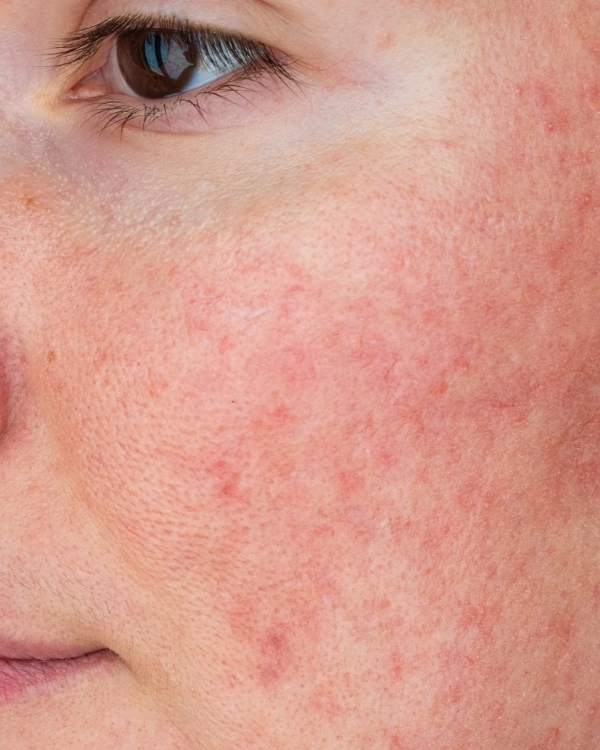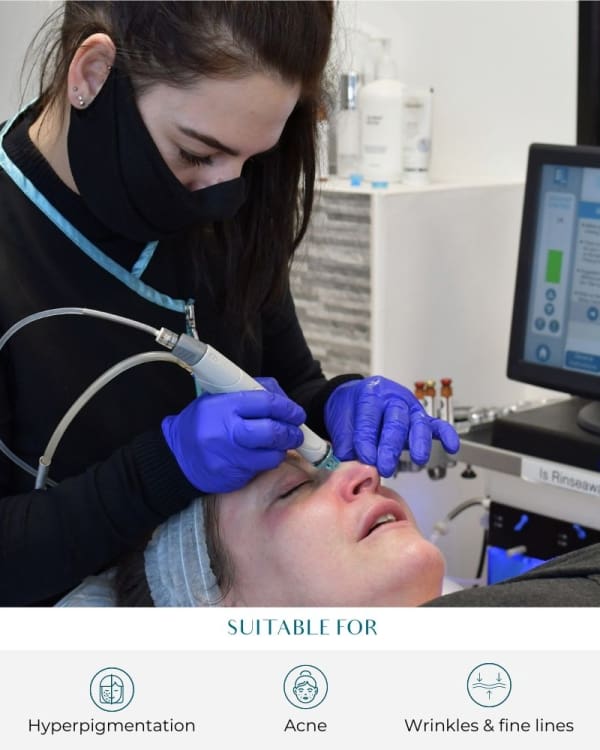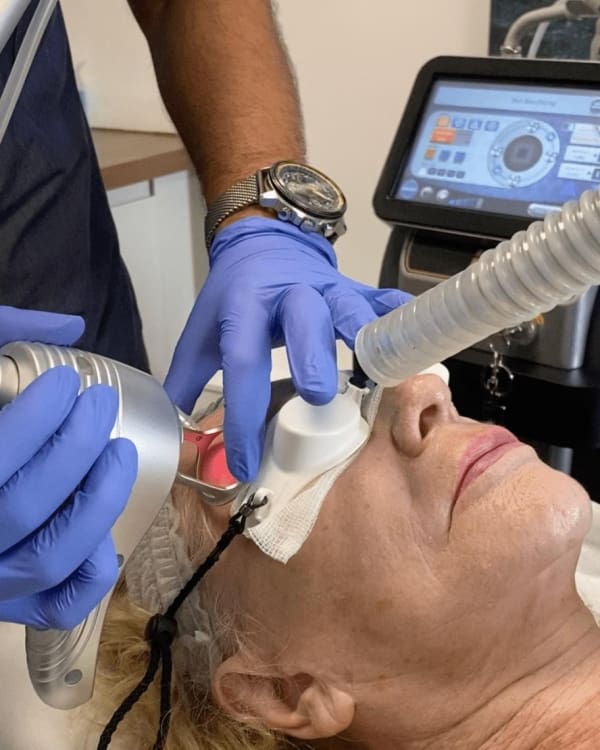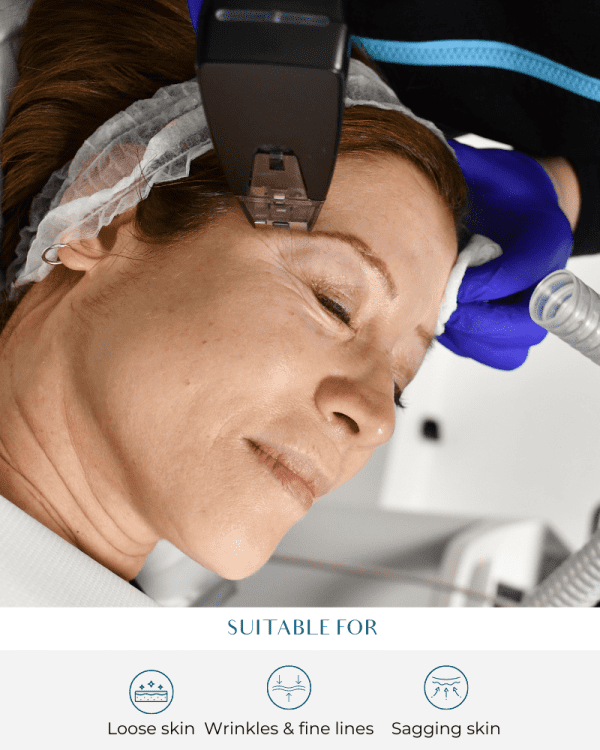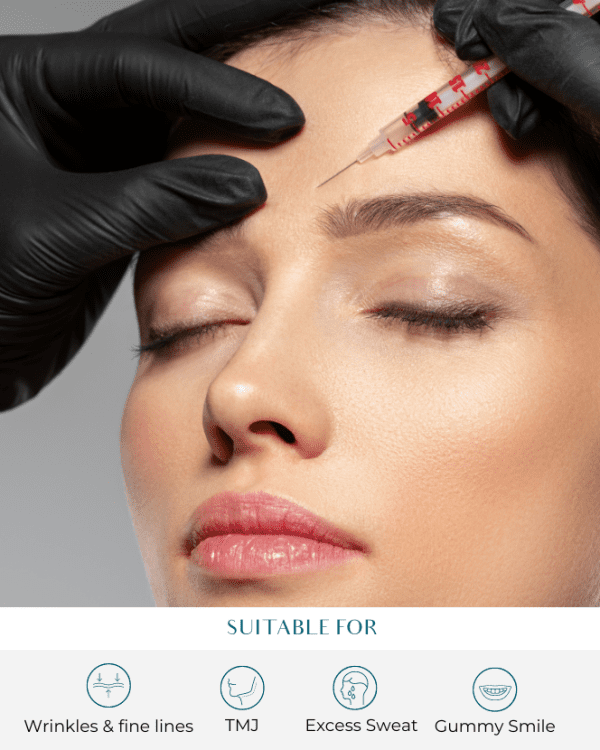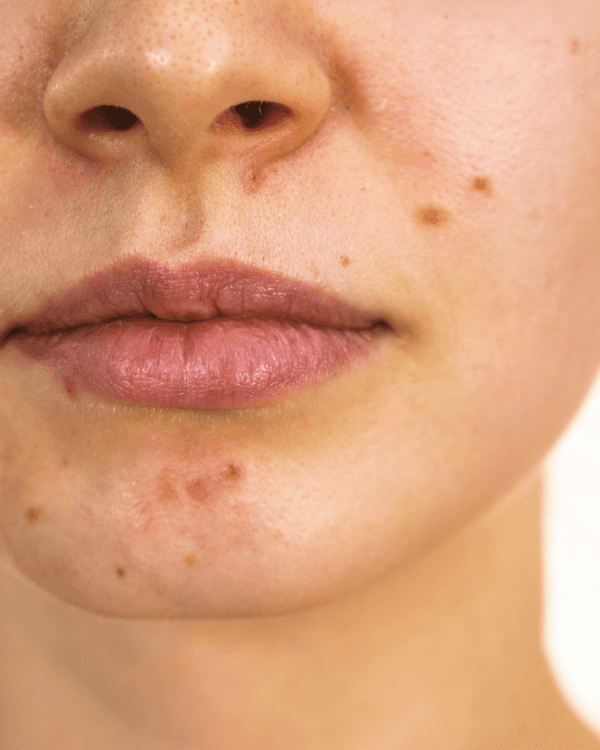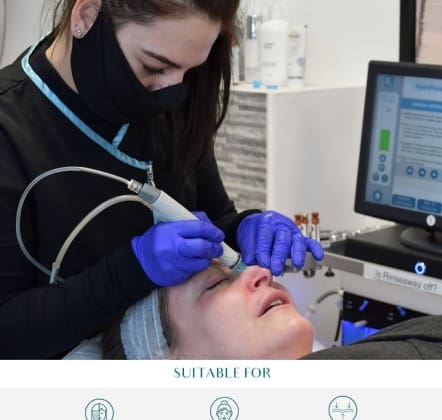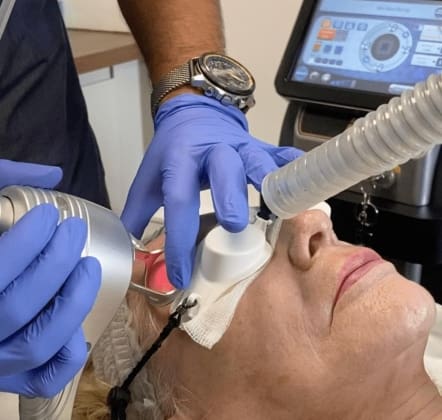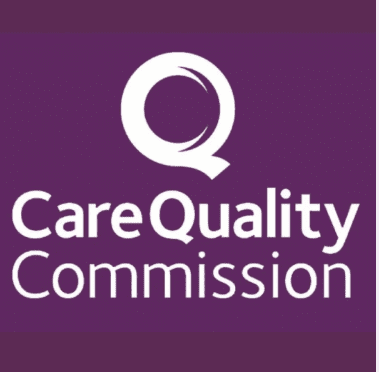Hydra Facial vs Chemical Peel: Which Treatment Is Right for You?
When it comes to getting brighter, smoother, more youthful skin, two of the most popular treatments at skin clinics are the HydraFacial treatment and chemical peel treatment. Both address multiple skin concerns including acne scars, uneven skin tone and clogged pores but work differently and suit different skin types. If you’re wondering whether to choose hydrafacial or chemical peel, understanding the differences and benefits is key to making a decision.
Choosing the right treatment is important for your skin health.
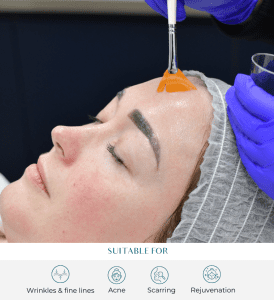
What are Facial Treatments
Facial treatments play a big role in maintaining healthy glowing skin and addressing various skin concerns. With so many options out there, it’s important to know how each treatment works to choose the best one for you. Two of the most popular facial treatments are Hydrafacial and chemical peels. Hydrafacial is a non invasive treatment that deeply cleanses, exfoliates and hydrates the skin, perfect for those with sensitive skin or anyone looking for a gentle approach to skin renewal. Chemical peels on the other hand use a chemical solution to remove the outer layer of the skin to improve skin texture and reveal brighter skin underneath. By understanding the differences between hydrafacial and chemical peels you can make an informed decision on which treatment will address your unique skin concerns.
How Do Chemical Peels Work?
Skin peels are a tried and tested cosmetic treatment that uses a chemical solution—usually containing acids such as alpha hydroxy acids (glycolic acid and lactic acid are examples), salicylic acid or trichloroacetic acid (TCA peel)—to remove dead skin cells from the top layer of the skin. The process involves applying the chemical solution to the skin’s surface which initiates an exfoliation process that causes the top layer of dead skin to peel away and reveal fresh skin underneath and promote skin renewal.
Skin peels are classified by depth:
- Superficial peel: This gentle exfoliation removes dead skin cells from the top layer and is ideal for mild acne, uneven skin tone, dullness and targeting skin pores for clearer, smoother skin.
- Medium and deep peels: These penetrate deeper, targets more serious skin concerns like deep wrinkles, severe acne scars and significant sun damage and requires a longer healing process. Chemical peels work by stimulating the production of new skin cells and collagen which improves skin texture and tone, reduces pigmentation, unclogs skin pores and helps achieve smooth skin by addressing imperfections. However deeper peels require more downtime and a longer healing process and may not be suitable for sensitive skin or darker skin types due to the risk of hyperpigmentation.
What Is HydraFacial?
Unlike chemical peels, HydraFacial is one of the non invasive treatments for skin rejuvenation that combines the ability to deeply cleanse, exfoliate, extract, hydrate and provide antioxidant protection in one session. It uses milder acids and nourishing serums to gently remove dead skin cells and debris from the skin’s surface and unclog pores without causing damage.
HydraFacial is suitable for all skin types including sensitive skin and has minimal downtime. The treatment is highly customizable so practitioners can target specific skin concerns such as acne scars, fine lines, mild acne, clogged pores, uneven skin texture and dryness. By infusing the skin with hydrating serums like hyaluronic acid and other nourishing ingredients, HydraFacial leaves the skin hydrated, refreshed and glowing.
Deep Peels for Severe Skin Concerns
Deep peels are a powerful type of chemical peel designed to address more severe skin concerns that go beyond the surface. Unlike superficial peels which only treat the outermost layer of the skin, deep peels penetrate further to target issues such as deep wrinkles, acne scars and uneven skin tone. This makes them an effective option for those looking for dramatic improvements in their skin’s appearance. However because deep peels are more intensive they require a longer recovery period and may not be suitable for every skin type. Consult with a skincare professional to determine if a deep peel is right for your specific skin concerns and to get the best possible results for your skin.
Chemical Peel Treatment Options
There are several chemical peel treatment options available each tailored to address different skin concerns and conditions. Superficial peels such as glycolic acid or lactic acid are ideal for mild issues like fine lines and uneven skin texture. For those with more pronounced concerns medium peels such as salicylic acid peel can help with acne and deeper wrinkles. Deep peels including phenol peels are for severe skin conditions and can deliver significant results but require more downtime and careful consideration. Choosing the right chemical peel treatment depends on your specific skin concerns such as uneven skin texture, deeper wrinkles or persistent acne. A skincare professional can guide you in selecting the most appropriate peel to ensure your treatment is both safe and effective for your skin.
HydraFacial vs Chemical Peel: Key Differences
HydraFacial and chemical peels are popular skin treatments that address various skin concerns. The table below provides a detailed comparison of their features.
| Feature | HydraFacial | Chemical Peel |
|---|---|---|
| Exfoliation | Mild, non-damaging | Stronger, may cause visible peeling |
| Ingredients | Glycolic acid, salicylic acid, hyaluronic acid | Glycolic acid, salicylic acid, lactic acid, TCA, Jessner’s solution |
| Downtime | Minimal to none | Superficial: minimal; deep: several days |
| Skin Types | All, including sensitive skin | Depends on peel depth and skin tone |
| Targets | Dead skin cells, clogged pores, mild acne, uneven skin tone | Dead skin cells, acne scars, deep wrinkles, sun damage, pigmentation |
| Customization | Highly customizable | Customizable, but less so for deep peels |
| Results | Immediate glow, improved hydration | Brighter, smoother, more even skin tone over time |
Which Treatment Is Right for You?
Choose HydraFacial If:
- You have sensitive skin: HydraFacial is gentle and can be tailored to reduce redness and irritation.
- You want minimal downtime: You can return to your routine immediately after treatment.
- You have mild acne or clogged pores: The treatment effectively clears out pores and removes dead skin cells.* You want to improve skin hydration and tone: HydraFacial delivers nourishing serums for a dewy, youthful look.
Choose a Chemical Peel If:
- You have deeper skin concerns: Such as acne scars, deep wrinkles or significant sun damage.
- You want to address uneven skin texture or tone: Chemical peels promote skin renewal and even out pigmentation.
- You can tolerate some downtime: Deeper peels require recovery time as your skin regenerates.
- You have specific skin goals: Chemical peels can be customized to target a range of skin issues but always consult a professional for a skin analysis.
Customizing Your Facial Treatment
Getting the best out of your facial treatment starts with a personalized approach. A skincare professional can help you develop a treatment plan tailored to your skin type, concerns and goals. For example if you have sensitive skin a hydrafacial treatment may be recommended for its gentle yet effective cleansing and hydration. If you’re dealing with deeper skin concerns like acne scars a chemical peel or a combination of hydrafacial and chemical peels might be more effective. By customizing your facial treatment you can address multiple skin concerns at once and work towards a more youthful appearance. Trust a skincare professional to guide your treatment and ensure your unique needs are met and you get the healthiest, most radiant skin possible.
HydraFacial and Chemical Peels: Addressing Multiple Skin Concerns
Both skin treatments—HydraFacial and chemical peels—are effective at removing dead skin cells, unclogging pores and promoting skin renewal. HydraFacial offers a gentler approach with immediate results while chemical peels provide a deeper exfoliation for more severe skin conditions. For those with acne scars, deep wrinkles or significant pigmentation a series of chemical peels may be recommended. If you prefer a no-downtime, hydrating facial treatment that suits all skin types HydraFacial is an excellent choice.
Potential Risks and Side Effects
While facial treatments like chemical peels and hydrafacial treatments can deliver amazing results it’s important to be aware of potential risks and side effects. Chemical peels especially deeper ones can cause redness, irritation and dryness which may be more pronounced if you have sensitive skin. Hydrafacial treatments are generally gentle but some individuals may experience temporary breakouts or mild irritation. To minimize risks always follow your skincare professional’s aftercare instructions and choose a reputable provider for your facial treatments. By understanding the possible side effects and working with an experienced skincare professional you can enjoy the benefits of your chosen treatment while keeping your skin healthy and protected.
Conclusion
Whether you choose a hydrafacial or chemical peel both treatments can give you brighter, smoother and more youthful skin. The best choice depends on your skin concerns, skin type and lifestyle. For a personalized approach visit a reputable skin clinic for a thorough skin analysis and expert advice tailored to your skin goals.
Ready to refresh your skin? Book a consultation at Perfect Skin Solutions to find out if a hydrafacial or chemical peel is right for you!















